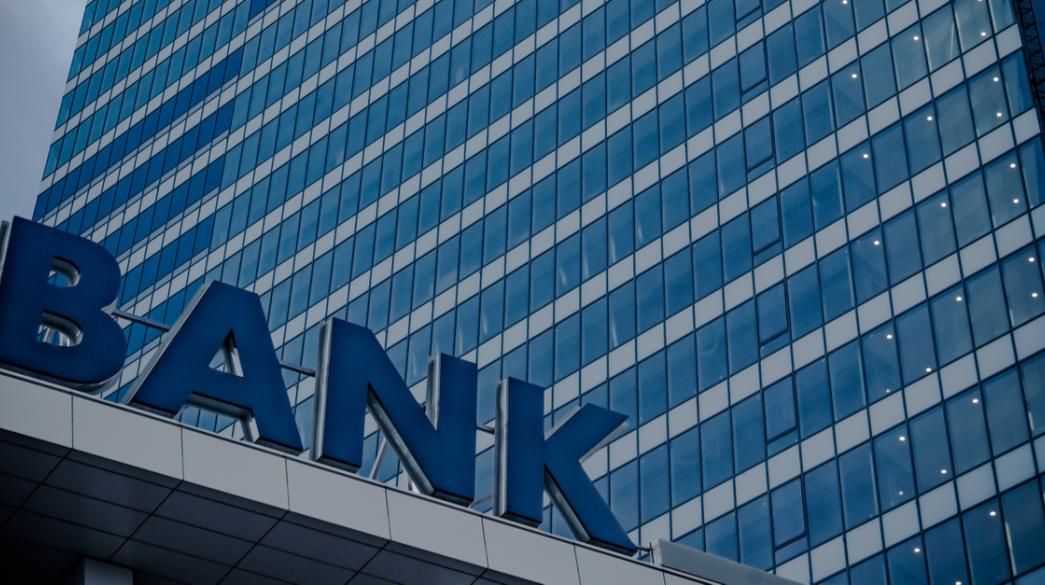Greece's four systemic banks released a proposal to help vulnerable borrowers meet their monthly instalments, outlining the plan and their contribution to the Greek economy in a joint statement on Thursday.
The move follows meetings with Finance Minister Christos Staikouras, who along with the premier, has pressured banks to assume part of the loan instalment increases to low-income borrowers. Their joint statement follows up on a meeting on Wednesday described by Staikouras as chilly.
Alpha Bank, Eurobank, National Bank, and Piraeus Bank said they would support 50% of the increase in a loan instalment, based on the increase calculated as of June 30, 2022. The borrower qualification requirements they proposed included the following:
- Borrowers with a housing loan or a small-business loan, using as collateral security their primary residence.
- Income as set out in Law 4472/2017 for inclusion under "vulnerable":
Annual income of up to 7,000 euros, increased by 3,500 euros per family member (maximum annual family income 21,000 euros); maximum value of primary residence up to 180,000 euros (based on official property tax valuation, or ENFIA); and total deposits of up to 7,000 euros, increaed by 3,500 euros per family member (maximum family total of deposits 21,000 euros).
- Qualifying debts: All current debts, with a delay of repayment of no more than 90 days, based on the date of the borrower's application. Debts incurred from new loans issued past December 15, 2022 (today) will not qualify.
- Amount of subsidy: 50% of the interest-rate increase (based on June 30, 2022 figures); subsidy to be cancelled if the borrower defaults in an instalment for over 30 days.
- Subsidy method: Creation of a fund of corporate social responsibility, with equal contributions by each of the four systemic banks, which will be managed by the Special Secretariat to manage private debt (EGDIX) through the 'Gefyra' platform, where a potential beneficiary will apply.
- Length of subsidy: 12 months.
- The application deadline will be set and announced.
Discussion with FinMin
In addition to the proposal, each bank presented to Staikouras its own approach and stance, as well as proposals, on a series of issues related to the financial sector, its response to the necessity of funding the developing economy, and the support of households and businesses in the current times. In terms of their role and contributions to the Greek economy, the four systemic banks said, briefly:
Banks have extended to businesses 4.5 billion euros (10.8% on an annual basis) the first 10 months of 2022, an amount expected to reach nearly 7 billion euros by the end of the year, they said. They have evaluated and submitted investments totaling nearly 10 bln euros on behalf of their clients, with 40% of this amount provided by banks, creating tens of thousands of job openings over the next years.
They added that banks also play an active role in attracting direct foreign investments in Greece, which reached 5.5 bln euros in 2021 (3% of GDP).
The support plan they proposed for vulnerable households was reviewed by the European Central Bank's (ECB) Single Supervisory Mechanism (SSM). The plan is expected to benefit a total of 30,000 beneficiaries.
The systemic banks said they also discussed the following with FinMin Staikouras the following:
- Issues related to extrajudicial settlement of debts, which they support and which is a significant tool to manage private debt. In the framework of their collaboration with EGDIX, the banks discussed improvements including a reduction in interest rates of instalments under management, with the aim of raising the number of cases settled out of court. A reduction of nonperforming loans to a single digit will open the way to Greece's achieving investment grade, they said.
- The course of interest rates as set by ECB and the repercussions of the numismatic policy on deposit interest rates. The Greek banking system guarantees citizens' deposits and businesses' development prospects. During Wednesday's meeting with Staikouras, each bank committed to reviewing its policy of interest rates. For example, time deposits of 12 or more months receive interest rates of 0.80% or above, depending on the bank and deposit amounts.
- The issue of fees on bank transactions varies per bank. The DIAS system of interbank payment clearance, to which all four banks are shareholders, has developed a series of e-transactions free of charge, such as free transfer of funds between individuals of up to 500 euros a day through mobile banking.
- Every bank provides customer rewards for their transactions using credit and debit cards, in collaboration with retailers. The domestic banking system is expected to spend nearly 50 mln euros to bankroll these programs that contribute to the retailers' increased turnover.
In conclusion, they said, "we must not forget the most significant contribution of banks to corporate social responsibility issues, since they support through their funding programs foundations and organizations in the sectors of health, society, education, fire extinguishing, and culture, with amounts that the last 4 years have reached nearly 60 mln euros."








